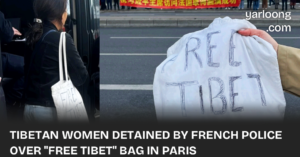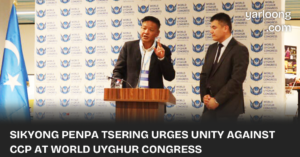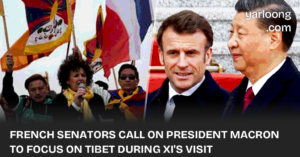
Apple Inc. has removed several widely used messaging applications, including WhatsApp and Threads, from its App Store in China following directives from the Chinese government, which raised national security concerns over their usage. The decision, confirmed by Apple on Friday, also affected other prominent messaging platforms like Telegram and Signal, signaling a tightening of internet freedoms under Beijing’s surveillance regime.
According to reports by Reuters, the Cyberspace Administration of China mandated the removals, underscoring the Chinese Communist Party‘s ongoing efforts to monitor and control the digital landscape within its borders. The action reflects broader tensions between China and global technology firms forced to comply with local laws that often conflict with international free speech standards.
Apple‘s compliance highlights the complex relationship foreign technology companies navigate to operate in the lucrative Chinese market, balancing corporate ethics with legal obligations imposed by Chinese authorities. This incident has sparked discussions about the implications for global standards of privacy and freedom of expression, as tech companies may be compelled to act against their stated values to maintain market access.
ALSO READ: New Report Sheds Light on China’s Cyber Espionage Against Tibetan Diaspora
The removals come at a sensitive time as geopolitical tensions continue to escalate over issues related to cybersecurity and international trade. A tech industry insider, speaking on condition of anonymity, expressed disappointment in Apple‘s decision, suggesting it represents a broader surrender to China‘s stringent regulatory environment, which could undermine trust among global consumers who regard Apple as a bastion of privacy and data security.
Despite the removals, other Meta platforms such as Facebook, Instagram, and Messenger remain accessible in China, alongside other Western-developed apps like YouTube and X, raising questions about the selective enforcement of China‘s cybersecurity measures.
The incident has significant ramifications for international tech policy, potentially setting precedents for how global tech firms manage user rights versus government demands. Legal experts and policy analysts are closely watching the fallout, as it may influence future interactions between multinational corporations and host countries with strict regulatory frameworks.
For further information and ongoing updates on this story, the original reports from Reuters and RFA offer comprehensive insights and expert analysis.






